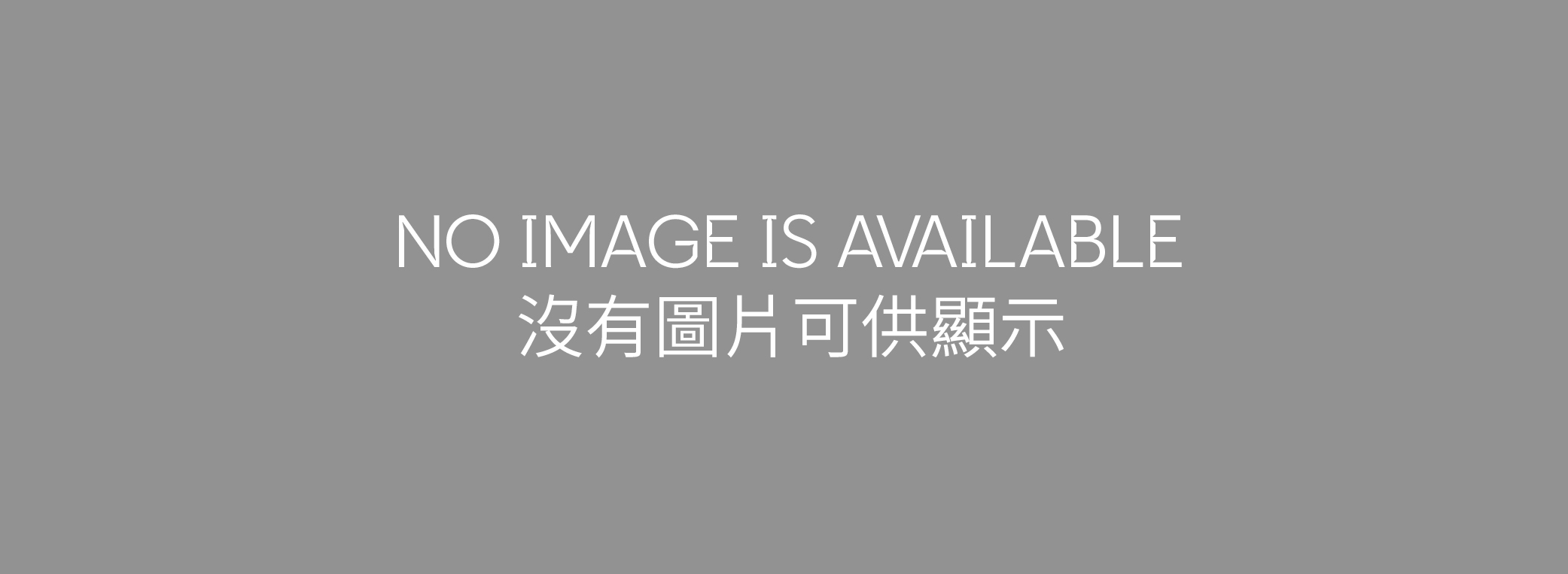Update on 18 May: In consideration of the current COVID-19 outbreak in India and Nepal and after consultation with our colleagues in these countries, this event has been postponed until further notice. Thank you for your understanding.
Organised as part of AAA’s twentieth anniversary, Life Lessons is a series that examines models of education led by artists. We ask: What was the most influential lesson they learned in school? And how have they, in turn, passed on what they learned about forms of knowledge and care to their students or communities of learners?
Scheduled for spring 2020 to spring 2021, Life Lessons presents online and offline conversations and workshops with artists and art collectives who teach at universities, build educational programmes at arts organisations, and run their own schools. Each session addresses their unique teaching methods.
The seventh session invites Sujan Chitrakar and Rangoato Hlasane, artists and educators who have been developing experimental archival and library projects over the last decade in Kathmandu and Johannesburg, respectively. In this talk, the artists will discuss their early learning experiences and encounters with visual traditions in Nepal and music cultures of South Africa, and the acts of collecting, narrating, and creating encounters with less visible histories of their region.
Sujan Chitrakar hails from a family of artists traditionally responsible for painting in the Newar community in Nepal, particularly in the domain of rites and rituals. Having been a formative educator at the School of Arts, Department of Art and Design at Kathmandu University, Chitrakar has emphasised innovative approaches to traditional art histories as a key to learning and teaching art. Along with colleagues, he has trained students in the processes of archiving histories by encouraging them to train as archivists and researchers in close dialogue with senior generations of artists, which has laid the foundation for a formal archive of modern and contemporary art at Kathmandu University.
Rangoato Hlasane grew up in Polokwane, South Africa, where he was involved in cultural activism with his peers. He moved to Johannesburg for higher education, and continued to engage in collective work for music, poetry, and visual arts communities. Parallel to his formal education, he became committed to work on the relationship between art education and social justice, which led to the foundation of Keleketla! Library—an intra-disciplinary storytelling and narrative portal, an arts archive and publishing house, a cultural production platform, an educational workshop, and a performance space in Johannesburg he co-founded with artist Malose Malahlela in 2008.
This programme is organised in collaboration with Asia Art Archive in India. Life Lessons is part of AAA’s ongoing research about the role of academic and alternative pedagogy in the development of modern and contemporary art in Asia and beyond.
Sujan Chitrakar is a Kathmandu-based visual artist and art educator. He received his fine arts education in Nepal and the College of Arts, New Delhi. A solo exhibition of the artist, Let’s talk about ART, baby! (2011), broke discursive ground in the Nepali art community by foregrounding traditional taboos in discussions around art, as well as the importance of bringing art into the public domain. He also played an instrumental role in mobilising volunteers after the earthquake in 2015 for the reconstruction programme titled Rebuilding Bungamati, a community art project. He facilitated the 2012 Kathmandu International Art Festival, Earth | Body | Mind, as a creative and logistic consultant, and also co-curated its first edition Separating Myth from Reality in 2009. He is one of the founding members of Sutra Nepal, an artist-led group active from 2003 to 2008.
Rangoato Hlasane is a cultural worker, selector, educator, and co-founder of Keleketla! Library in Johannesburg. He holds an MA in Visual Art from the University of Johannesburg and teaches at the University of the Witwatersrand. As Mma Tseleng, he plays music to expand his research into the social, political, and economic significance of South African music, with Kwaito at the centre of his work. His ongoing project, Thath’i Cover Okestra, co-curated with Malose Malahlela, is an experiment in “writing” (South) African music histories and rerouting their family trees. Thath’i Cover Okestra Vol. 5 was presented at the 10th Berlin Biennale (2018). His publishing of reflective case studies of decolonial education is evident in the publication of two Keleketla! Library books titled 56 Years to the Treason Trial: Intergenerational Dialogue as a Method for Learning (2012) and the revision, 58 Years to the Treason Trial: Intergenerational Dialogue as a Method for Learning (2014). Rangoato Hlasane is an active member of ARAC (Another Roadmap Africa Cluster).
This event is part of the AAA Learning and Participation Programme, supported by the S. H. Ho Foundation Limited and C. K. and Kay Ho Foundation.













